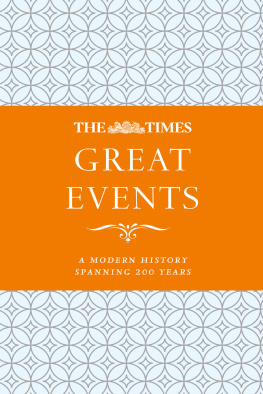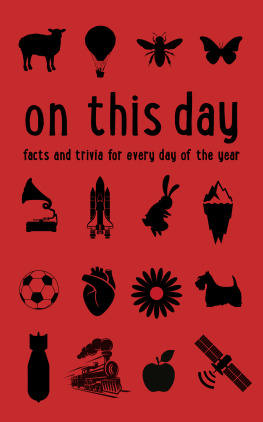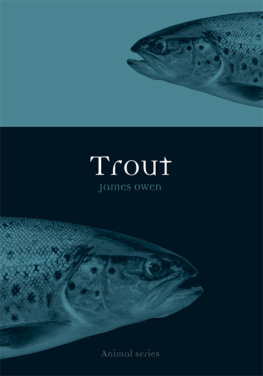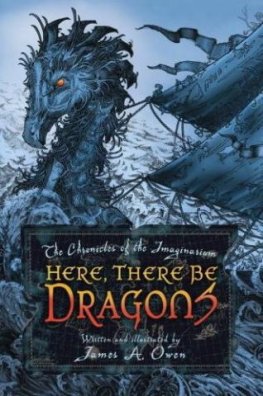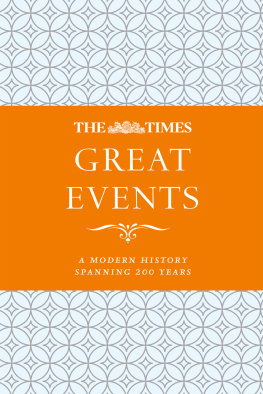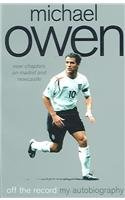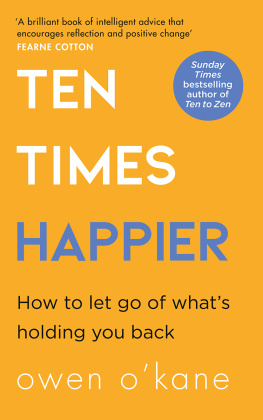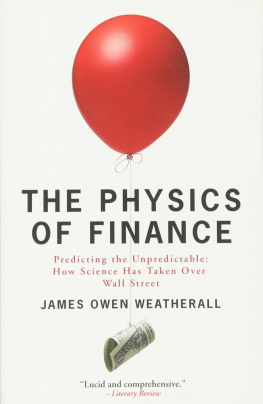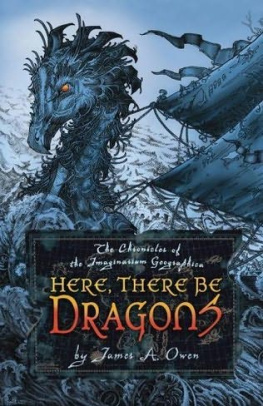James Owen - The Times Great Events
Here you can read online James Owen - The Times Great Events full text of the book (entire story) in english for free. Download pdf and epub, get meaning, cover and reviews about this ebook. year: 2020, publisher: HarperCollins Publishers, genre: Detective and thriller. Description of the work, (preface) as well as reviews are available. Best literature library LitArk.com created for fans of good reading and offers a wide selection of genres:
Romance novel
Science fiction
Adventure
Detective
Science
History
Home and family
Prose
Art
Politics
Computer
Non-fiction
Religion
Business
Children
Humor
Choose a favorite category and find really read worthwhile books. Enjoy immersion in the world of imagination, feel the emotions of the characters or learn something new for yourself, make an fascinating discovery.
- Book:The Times Great Events
- Author:
- Publisher:HarperCollins Publishers
- Genre:
- Year:2020
- Rating:3 / 5
- Favourites:Add to favourites
- Your mark:
- 60
- 1
- 2
- 3
- 4
- 5
The Times Great Events: summary, description and annotation
We offer to read an annotation, description, summary or preface (depends on what the author of the book "The Times Great Events" wrote himself). If you haven't found the necessary information about the book — write in the comments, we will try to find it.
The Times Great Events — read online for free the complete book (whole text) full work
Below is the text of the book, divided by pages. System saving the place of the last page read, allows you to conveniently read the book "The Times Great Events" online for free, without having to search again every time where you left off. Put a bookmark, and you can go to the page where you finished reading at any time.
Font size:
Interval:
Bookmark:
CONTENTS
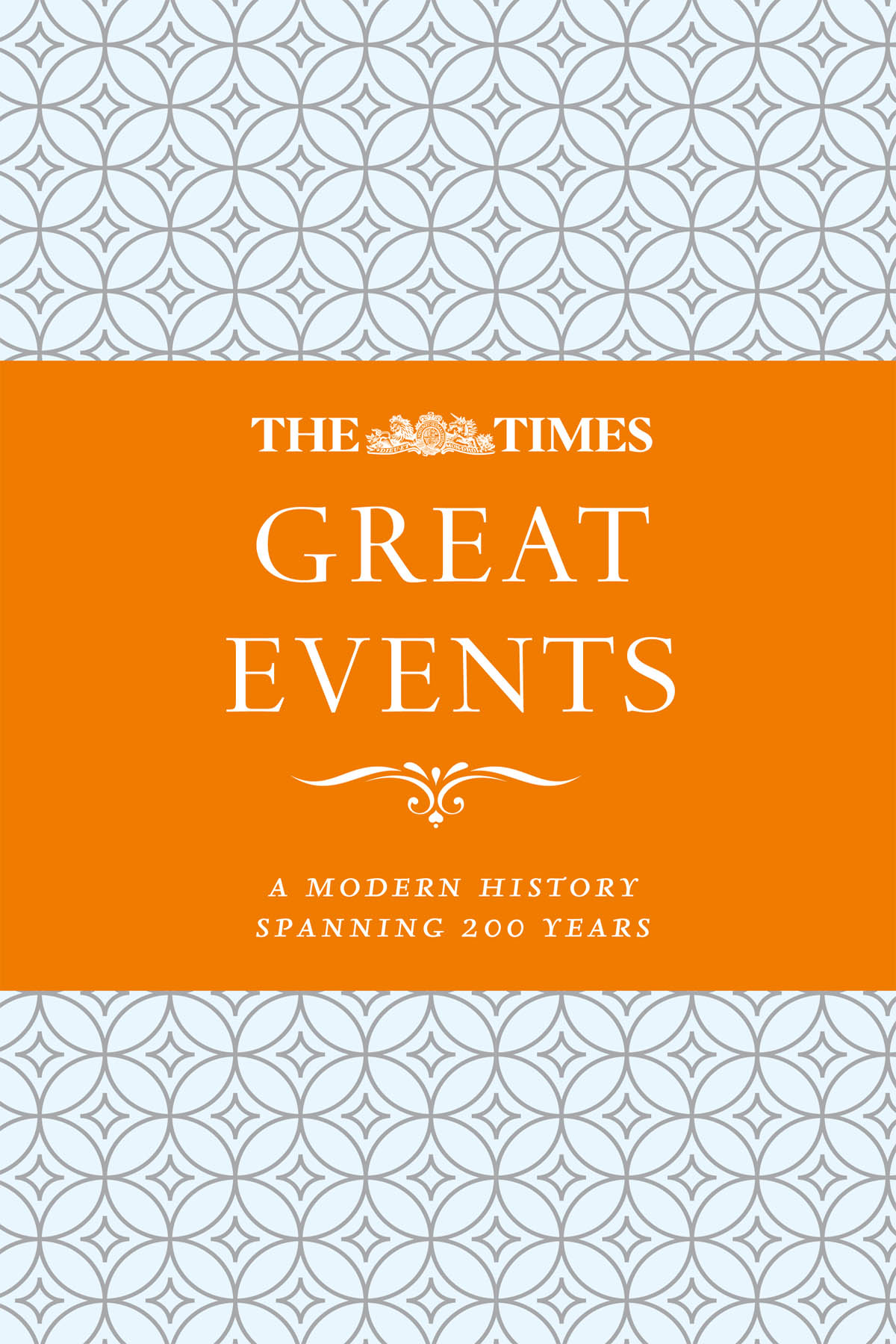
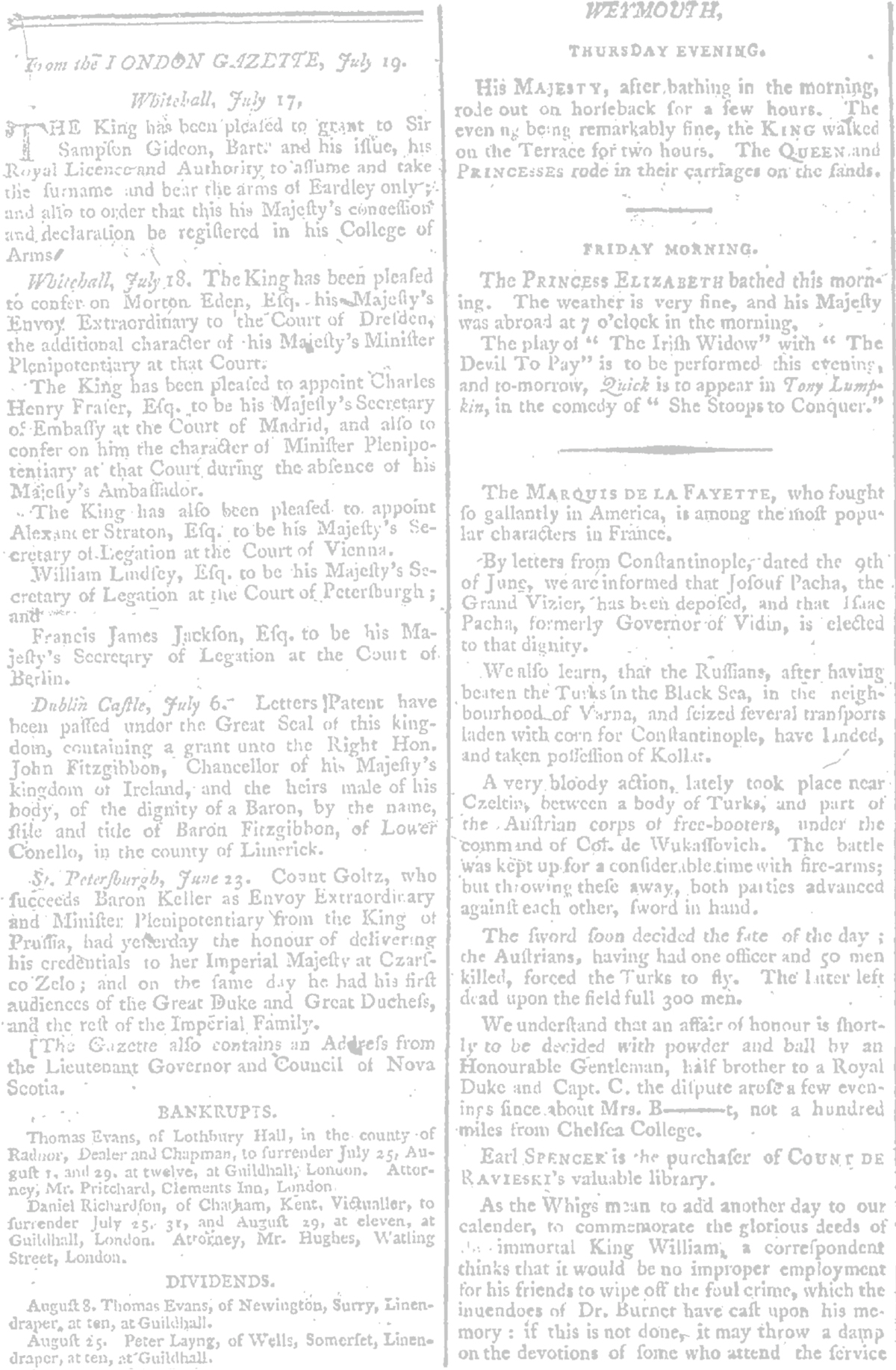
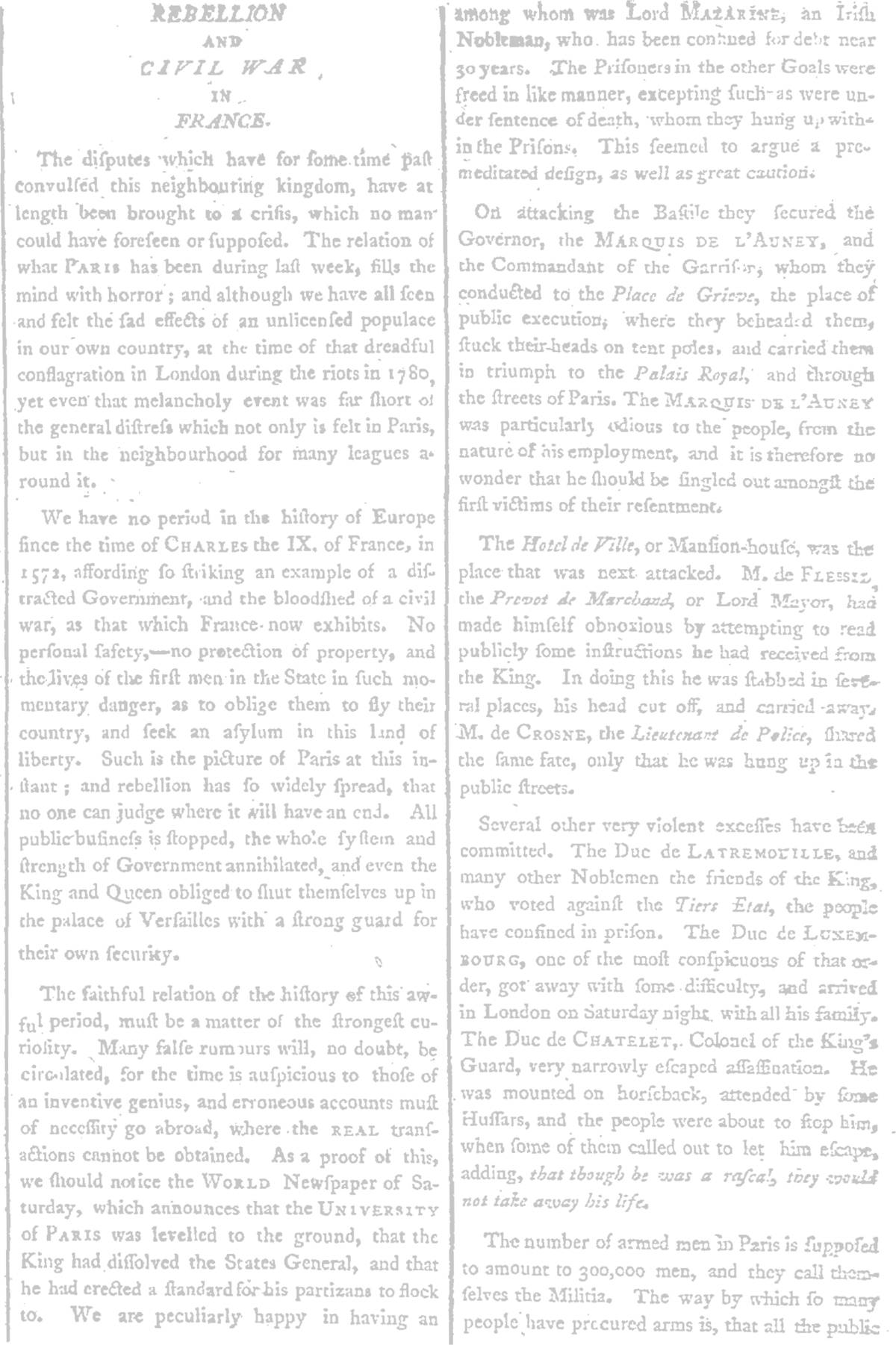
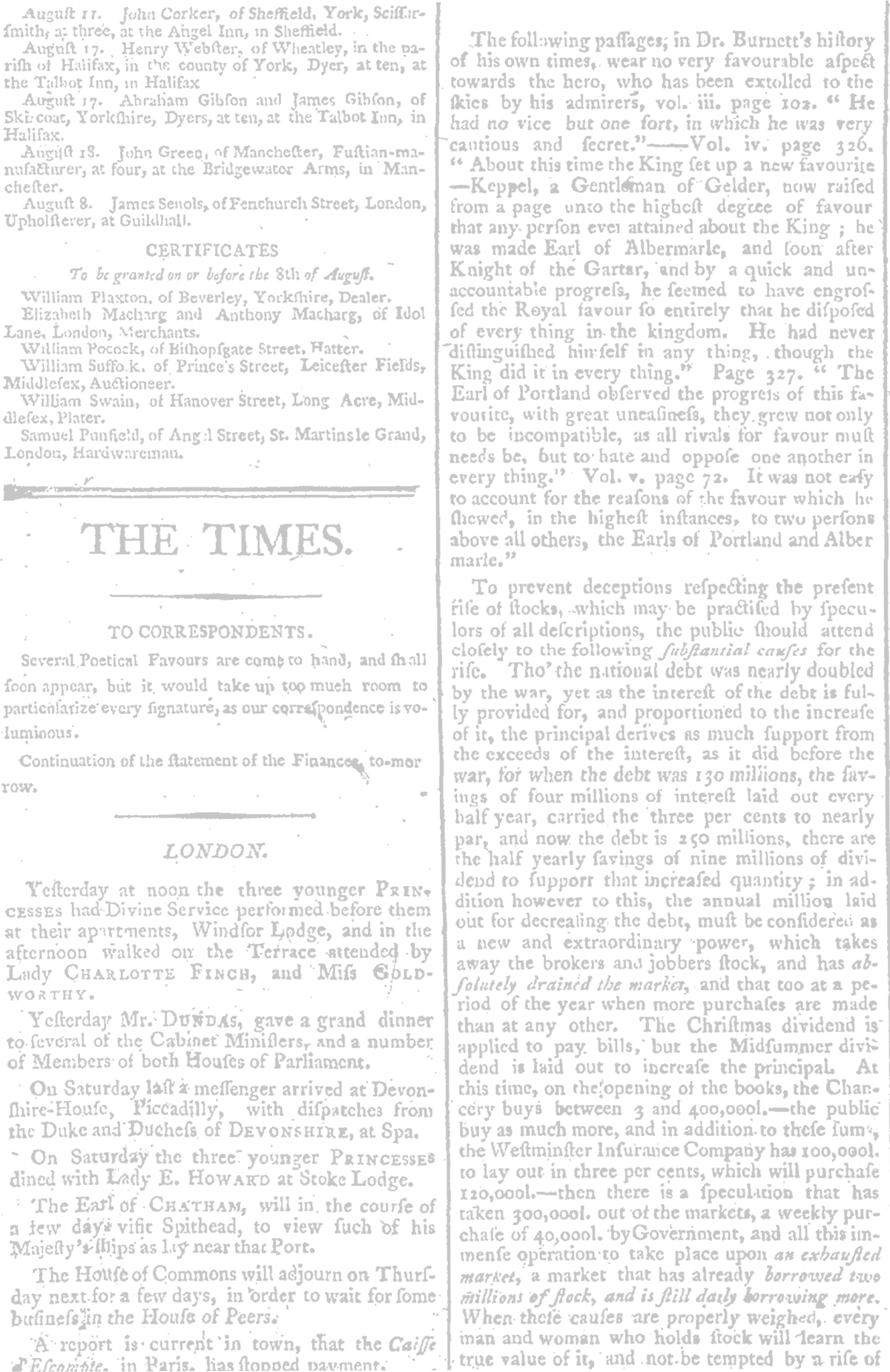
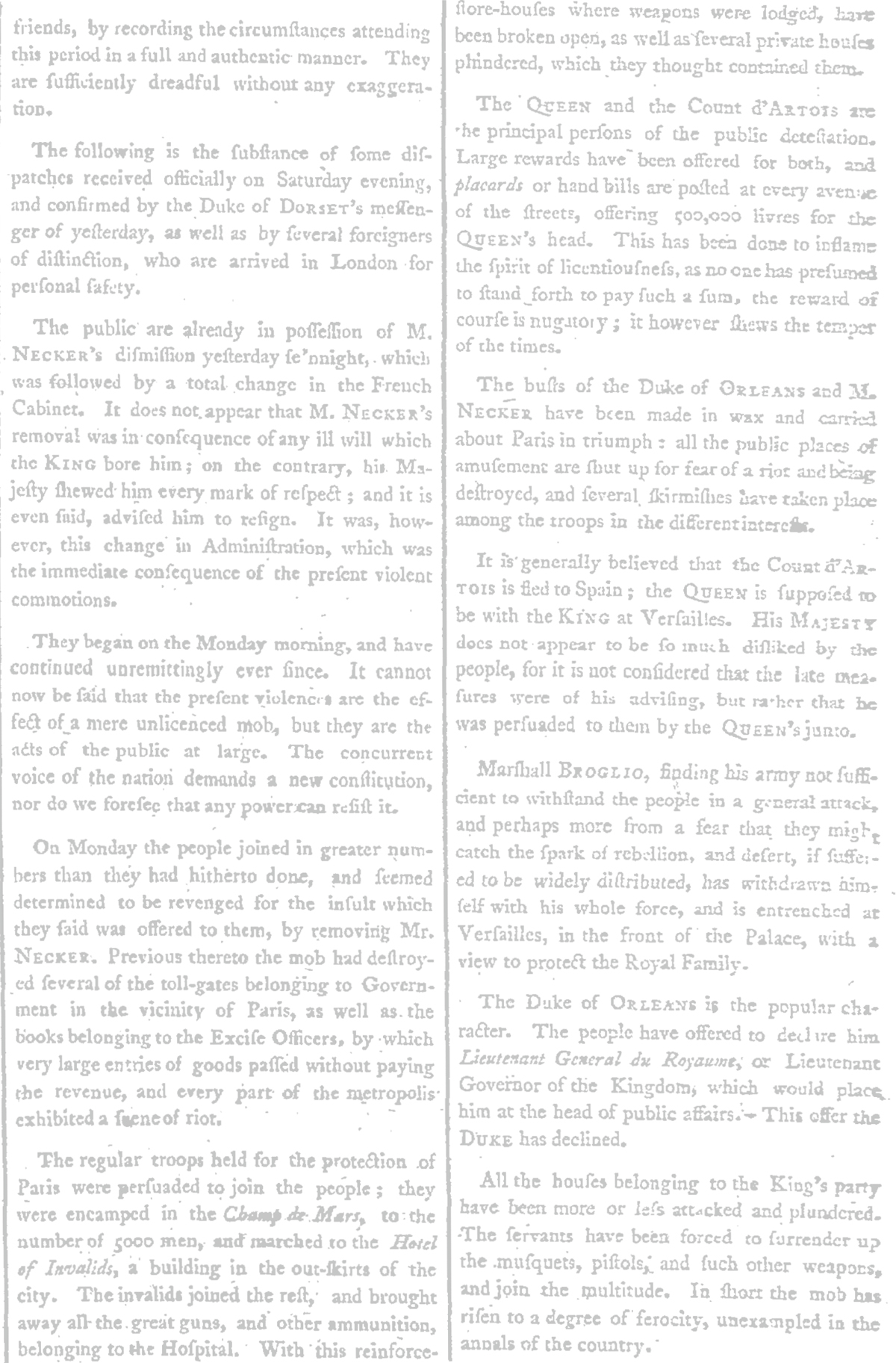
Published by Times Books
An imprint of HarperCollins Publishers
Westerhill Road
Bishopbriggs
Glasgow G64 2QT
www.harpercollins.co.uk
First edition 2020
This compilation Times Newspapers Ltd 2020
The Times is a registered trademark of Times Newspapers Ltd
www.harpercollins.co.uk
All rights reserved under International and Pan-American Copyright Conventions. By payment of the required fees, you have been granted the non-exclusive, non-transferable right to access and read the text of this e-book on screen. No part of this text may be reproduced, transmitted, downloaded, decompiled, reverse engineered, or stored in or introduced into any information storage and retrieval system, in any form or by any means, whether electronic or mechanical, now known or hereafter invented, without the express written permission of HarperCollins.
Entered words that we have reason to believe constitute trademarks have been designated as such. However, neither the presence nor absence of such designation should be regarded as affecting the legal status of any trademark.
The contents of this publication are believed correct at the time of creation. Nevertheless, the Publisher can accept no responsibility for errors or omissions, changes in the detail given or for any expense or loss thereby caused.
HarperCollins does not warrant that any website mentioned in this title will be provided uninterrupted, that any website will be error free, that defects will be corrected, or that the website or the server that makes it available are free of viruses or bugs. For full terms and conditions please refer to the site terms provided on the website.
Acknowledgements
Cover image MSSA / Shutterstock
Our thanks and acknowledgements go to Lily Cox, Joanne Lovey and Robin Ashton at News Syndication and, in particular, at The Times, Ian Brunskill and, at HarperCollins, Jethro Lennox, Lauren Murray, Kevin Robbins, Louise Robb and Lauren Reid.
Wed also like to thank Alan Copps for all his help and expertise.
eBook Edition October 2020
ISBN 9780008419455
Version 2020-09-18
CONTENTS
The urge to know what is happening beyond the horizon is as old as humankind. There were printed newssheets circulating in Venice by the sixteenth century, and newspapers well-established in Britain by the early eighteenth. Yet it was The Times which, almost from its founding in 1785, redefined what newspapers should report and, accordingly, what news was.
Britain was unusual in having a press not controlled by the state, but its journalism hitherto had often been merely gossipy, or polemical, or interested purely in politics, or just parochial. The approach of The Times was more professional, reflecting the growing size of the mercantile class and its need to be informed.
In particular, the paper sought from its earliest years to provide regular news from Europe and, later, became one of the first to employ war correspondents to report from the battlefield. Its willingness to print despatches from closer to home, notably details of the Peterloo massacre, was another sign of its independent thinking.
The early development of The Times acknowledged a changing world in which the repeal of taxes on papers hugely increased their circulation and new technology transformed the speed at which news could be gathered; its report in 1840 on the Treaty of Waitangi, which established British governance over New Zealand, took six months to arrive by sea. (Publications that had sat alongside The Times in its early days, but did not focus on the events of the day, turned into magazines.)
Thereafter, The Times evolved as greater competition in the late-nineteenth century challenged its dominant position. It added other sections editorial leaders, letters, obituaries which became similarly renowned and valued by its readers. Yet news remained at its core, and still does, even if these days it is filed and edited ever more remotely.
What newspapers afford journalists, that a lens does not, is the opportunity to combine immediacy with a period of reflection. The camera can convey the drama of the moment an aircraft flying deliberately into a building but it cannot judge what it signifies. News in print preserves not only the facts, but also the human dimension to great events.
So, in this cavalcade of almost 250 years of history, Times correspondents witness triumph and disaster, but they also bring home their impact on those affected by them. Here is the unsuspecting Doctor Crippen about to be handcuffed by the policeman who has tracked him down, and there the spectators willing the exhausted Dorando Pietri to reach the finishing line of the marathon in the 1908 Olympics.
Japanese soldiers sweep into Nanking, watched by many who will soon become their victims. The Berlin Wall falls, and the Cold War ends, when a single bureaucrat makes a mistake. Thousands of ordinary people queue to pay their respects to the great figures who helped to shape their lives: Sir Winston Churchill; the Queen Mother; Elvis Presley.
Then there are the scoops. It was The Times that broke the news of Everests conquest, just in time for the Coronation, and it was William Howard Russells reports from the Crimea that changed the nations opinion of the war, of soldiers and of their right to be nursed. The government first learned of Russias proposals for peace from the paper. And while The Times may not have stooped to cover the first international football match, it did write up the first cricket Test match, in Australia in 1877.
In other words, even if those caught up in it do not always realise at the time, the history of news is the history of the world as it unfolds. To read it is to see how a society that in the eighteenth century had changed little in millennia became, in short order, the modern age.
But it is to see it from two perspectives, that of the day and with the advantage, too, of hindsight of knowing how the story ended. Reading it, one appreciates how quickly events move and how rapidly their central figures pass from sight, caught in the backwash of time.
It may feel like the not-too-distant past to some, but few people under 50 can recall the drama that led to the downfall of Margaret Thatcher, let alone remember how the Exchange Rate Mechanism worked. (Indeed, how many know that it was she, improbably, who took Britain into the ERM?)
How we consume and discover news is changing faster than ever. More and more, it is becoming individually tailored to readers own interests, and perhaps via some outlets to their prejudices. Fewer people now have to physically turn the pages of a paper to reach their favourite parts, being exposed to news on the way, whether they are interested or not. Historians of the future will find it harder as well to gauge how a story evolved when the multiple editions of a newspaper have given way to the unrecorded swipe of an app.
Next pageFont size:
Interval:
Bookmark:
Similar books «The Times Great Events»
Look at similar books to The Times Great Events. We have selected literature similar in name and meaning in the hope of providing readers with more options to find new, interesting, not yet read works.
Discussion, reviews of the book The Times Great Events and just readers' own opinions. Leave your comments, write what you think about the work, its meaning or the main characters. Specify what exactly you liked and what you didn't like, and why you think so.

